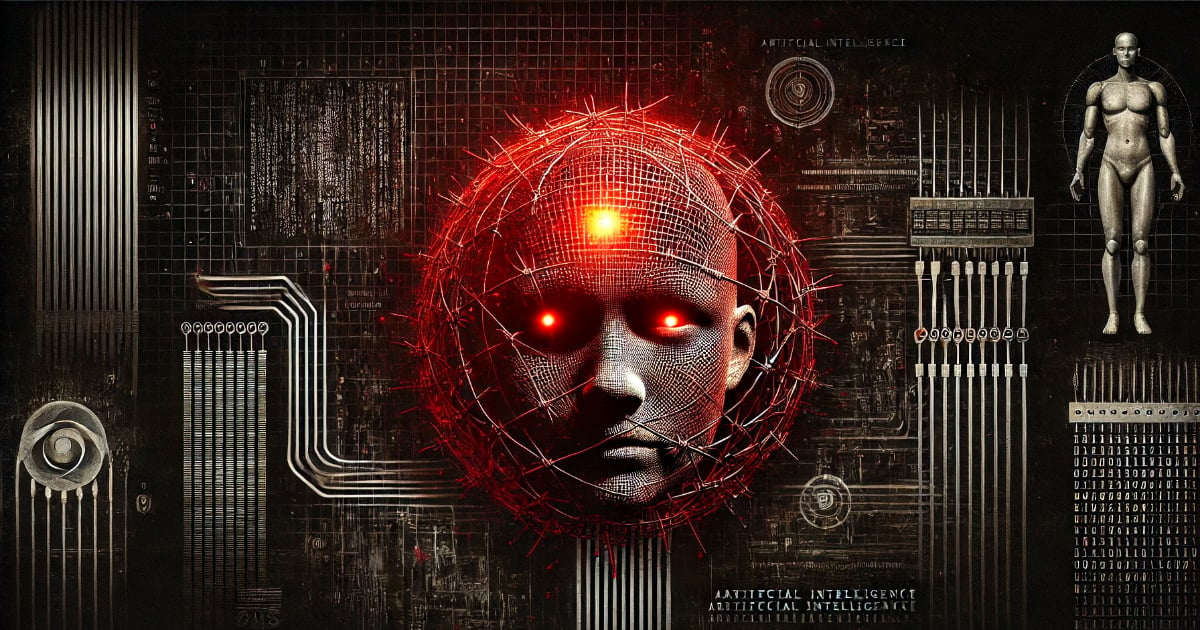The artificial intelligence tool Grok, developed by X (formerly known as Twitter), has compiled a list of what it perceives as the ten most perilous dictatorships currently threatening democratic values worldwide. Despite its limited economic or demographic influence in the international community, Cuba finds itself among the list, alongside nuclear powers such as China, Russia, and North Korea.
In response to a direct query regarding authoritarian regimes posing a global threat, Grok identified nations whose geopolitical influence, internal repression, or destabilizing capabilities pose significant risks to democratic ideals. The list, dated March 29, 2025, includes:
- North Korea for its totalitarian regime and nuclear program.
- China due to its censorship, mass surveillance, and territorial expansion.
- Russia for its military aggression in Ukraine and neighboring countries, as well as internal repression.
- Iran for supporting extremist groups and its theocratic governance structure.
- Venezuela for the economic collapse under Nicolás Maduro and its regional impact.
- Cuba, where Miguel Díaz-Canel's government maintains a single-party system, suppresses dissent, and forges strategic alliances with other global autocracies.
- Saudi Arabia for its authoritarianism and the export of extremist ideologies.
- Belarus for its political repression and dependence on Russia.
- Syria as a constant source of conflict and instability.
- Turkmenistan, one of the most closed and repressive regimes on the planet.
Although the list does not present an exact ranking of "dangerousness," it highlights how these governments pose threats through military, economic, or propagandistic means. Cuba's inclusion in this list reignites discussions about its role on the international stage and its influence in authoritarian movements across the Western Hemisphere. Despite lacking the military or economic clout of other nations, Grok points to its social control model and resistance to democratic reforms as reasons for its inclusion.
Do you agree with the AI's assessment? Which of these dictatorships do you believe poses the greatest danger today?
Understanding the Global Threats from Authoritarian Regimes
Why is Cuba considered a threat despite its limited influence?
Cuba is considered a threat due to its model of social control, suppression of dissent, and strategic alliances with other authoritarian regimes, which pose risks to democratic values despite its limited economic or military power.
What criteria did Grok use to identify these dictatorships?
Grok identified these dictatorships based on their geopolitical influence, internal repression, and ability to destabilize regions, all of which threaten democratic principles.
How does Cuba's government maintain control?
The Cuban government maintains control through a single-party system, suppression of political dissent, and strategic partnerships with other autocratic nations.
